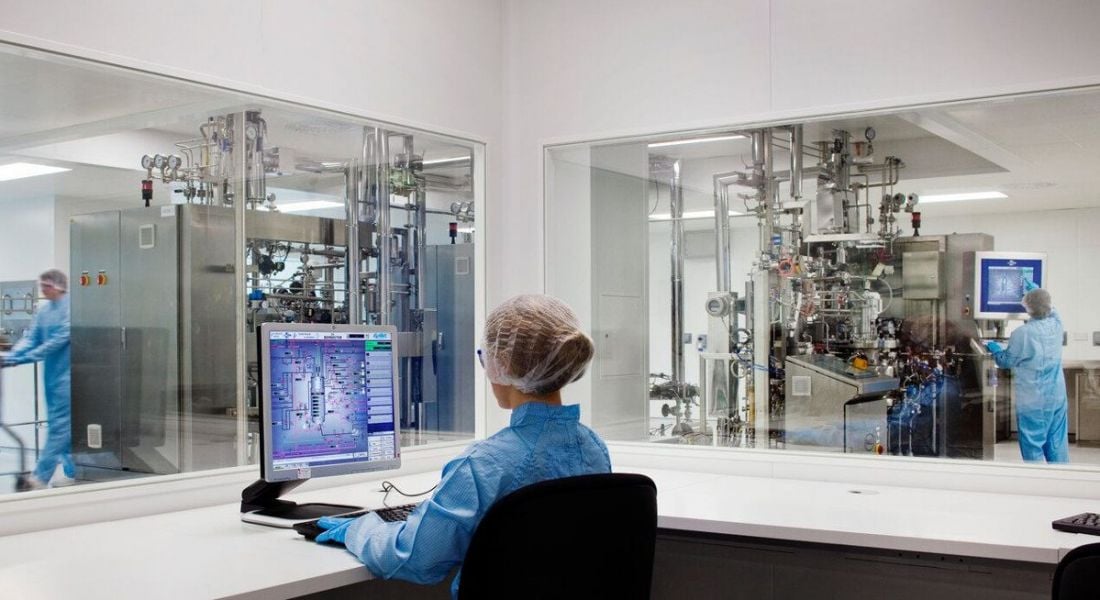Looking for a job in the science industry but missing that all-important bachelor’s in science? You might have more options than you think.
As we continue to celebrate curiosity and scientific intrigue during Science Week, we wanted to take a closer look at the career choices available to those who are interested in entering the science industry.
Of course, young college students who want to pursue a science career will more than likely already be working through their bachelor’s degree in any number of science options. Even if you choose a degree in biotechnology, a base level of scientific education will allow you to pivot into most strands.
However, what about those who have a strong passion and interest in science, but only realised that after they completed an arts degree, for example?
With so many science roles requiring a related degree as a minimum, is it possible to go after your science career dreams without that all-important degree?
Melissa Hoare is a senior bioprocessing trainer at the National Institute for Bioprocessing Research and Training (NIBRT). She said there are plenty of options available for those without a science degree.
“If someone would like to work in the science industry but does not have a background in science, they should consider taking an entry-level programme,” she said. “There are a wide range of Level 6 programmes available in the areas of biotechnology, biopharmaceutical science and medical device technology, all of which are designed for someone with little/no science knowledge. These courses are designed to give someone with no science background an introduction to the area.”
Hoare said if someone is interested in continuing their science education beyond the introductory course at Level 6, they can move up the qualification ladder, with programmes available up to Level 9 in different science areas.
“Many of these programmes are delivered online to provide flexible learning options for people,” she said.
Another option for those without specific science experience is to get into a science company through its non-science roles. Hoare said companies employ people from a wide range of backgrounds, including finance, HR, engineering, automation and planning. This would be a good position to be in while continuing your education, and a number of companies also offer in-house training.
Springboard options
Hoare also said there is a wide range of courses available through the Springboard Plus programme, which would benefit anyone who has some experience in a science-related field – for example, a pharmaceutical technician – but without the Level 8 qualification.
Upskilling in Level 6, 7 and 8 degrees can be expensive, but there are a large number of free and heavily subsidised courses available to people looking to upskill in order to work in the science industry.
“The Springboard Plus initiative is open to people who are either employed or unemployed, and provides free places for people on a wide range of different types of courses – many of which are science-based and are designed to upskill people who want to work in the pharmaceutical, biopharmaceutical and medical device industry,” said Hoare.
“Many courses are also designed to provide flexible learning platforms for people and are delivered online, so learners can take the programme at their own pace.”
Aside from upskilling through education and getting the required qualifications, what skills do budding scientists need to focus on? “People looking to work in the science industry should have the ability to work both independently and as part of team; people should be flexible and adaptable, and have the ability to work in a fast-paced environment,” said Hoare. “People should also have good communication skills.”




